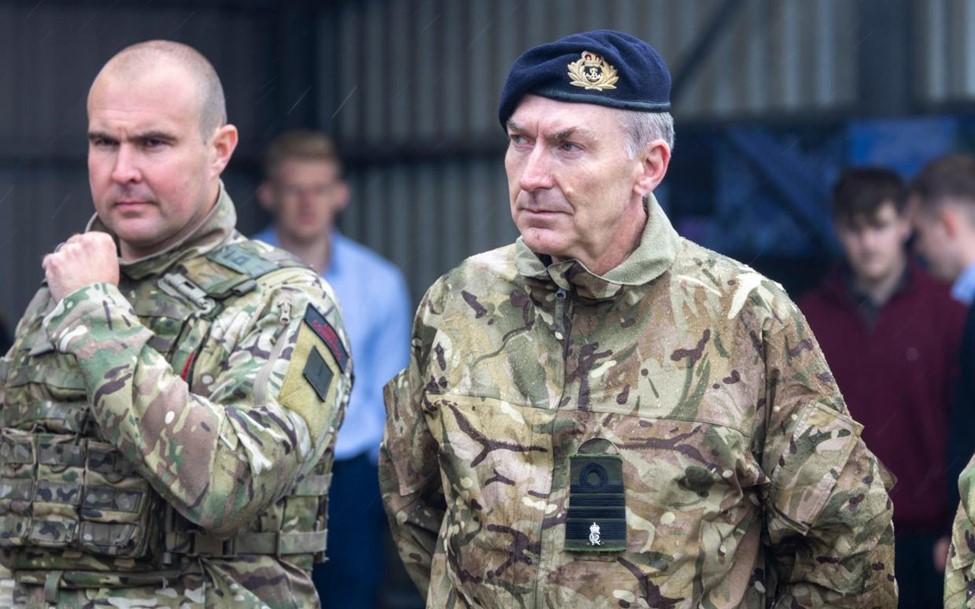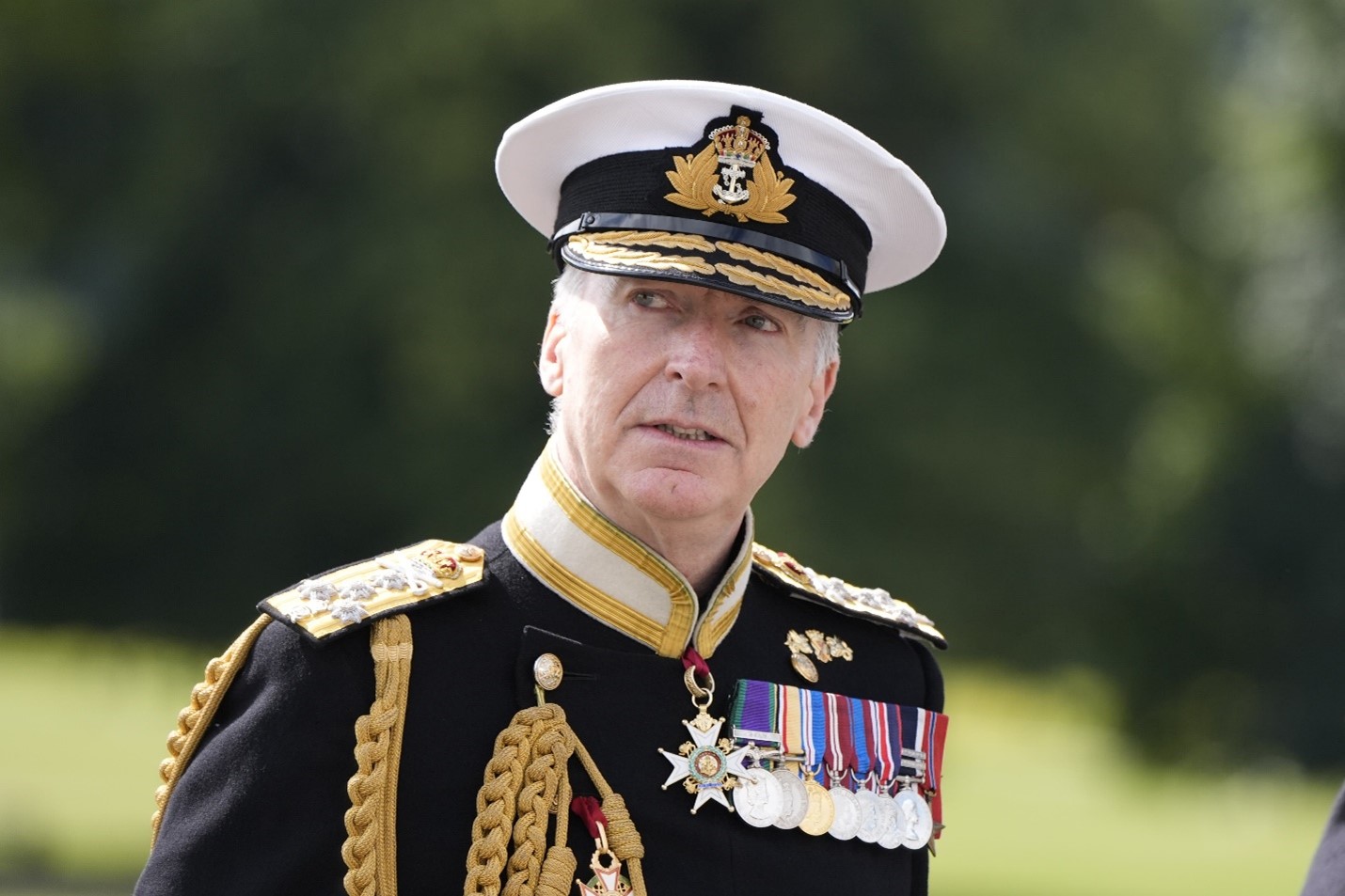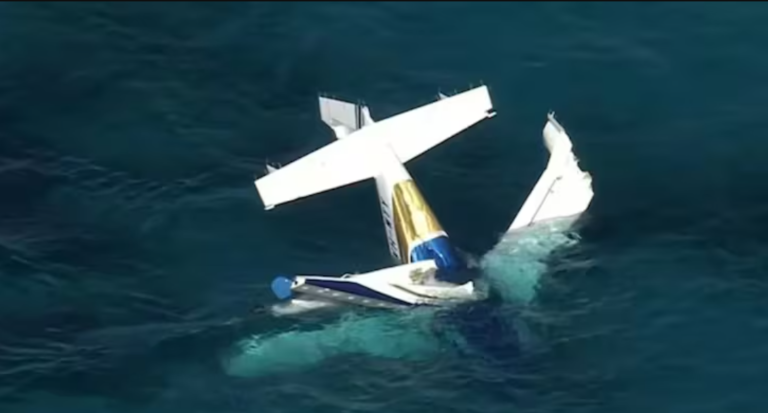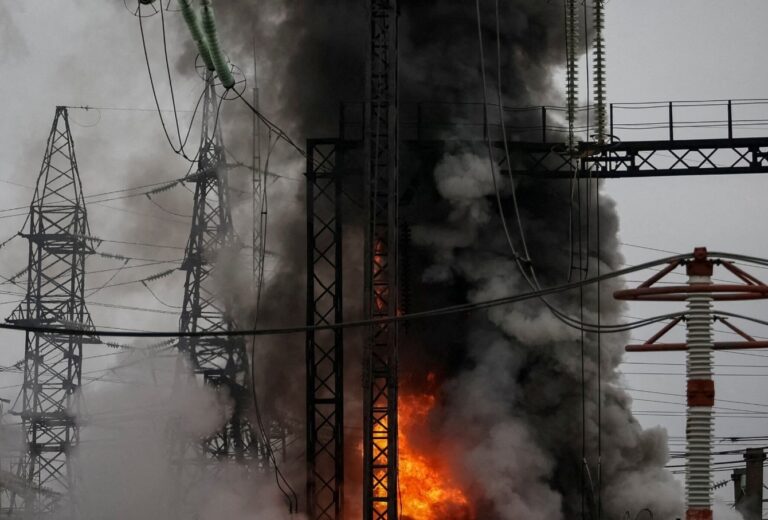The world is on the brink of entering a third nuclear age, Admiral Sir Tony Radakin, head of the United Kingdom’s armed forces, cautioned during a lecture at the Royal United Services Institute.
“The world has changed,” Radakin asserted. “Global power is shifting, and a third nuclear age is upon us.” Unlike the two preceding nuclear ages—the Cold War era marked by intense rivalry and the subsequent phase of disarmament—this new era is “altogether more complex,” defined by evolving threats and diminished security frameworks.
According to the sources of Leaders team, Radakin highlighted that this third nuclear age is emerging amidst an interplay of challenges: the proliferation of advanced nuclear and disruptive technologies, alongside the erosion of global security architectures that once served as safeguards. The global instability caused by Russia’s invasion of Ukraine and escalating tensions in the Middle East are symptoms of this precarious new reality, he explained.

Among the most significant developments this year, Radakin pointed to the deployment of North Korean troops along Russia’s border with Ukraine, Russia’s use of Iranian drones, and its threats to arm Yemen’s Houthi rebels in response to Western support for Ukraine. These actions, coupled with Russia’s recent update to its nuclear doctrine, underscore the volatility of current global dynamics. However, Radakin emphasized that the likelihood of Russia directly attacking NATO remains remote due to the “overwhelming” response such an act would provoke—whether conventional or nuclear.
As per the sources of Leaders team, Radakin reaffirmed the efficacy of NATO’s strategy of deterrence but stressed the need to bolster it further against a more dangerous Russia. He also categorized the global landscape into three distinct blocs: authoritarian states challenging international norms (e.g., Russia, China, North Korea, and Iran), responsible nations committed to global stability (mostly democracies and some Gulf monarchies), and opportunistic states oscillating between these two poles for strategic advantage.
The armed forces chief underscored the importance of maintaining technological and tactical superiority over adversaries. He contrasted Russia’s faltering military strategy with Israel’s decisive action against Iran in October, which disrupted Tehran’s ballistic missile production and nearly incapacitated its air defense system. “In this sense, Russia is showing us how not to fight, while Israel’s approach demonstrates the disproportionate advantage of modern methods of warfare,” Radakin remarked.
As the world navigates this precarious dawn of a third nuclear age, the urgency for international collaboration and resilience in the face of emerging threats has never been greater. Radakin’s warning serves as a call to action for nations to reinforce their collective security frameworks and safeguard global stability.









